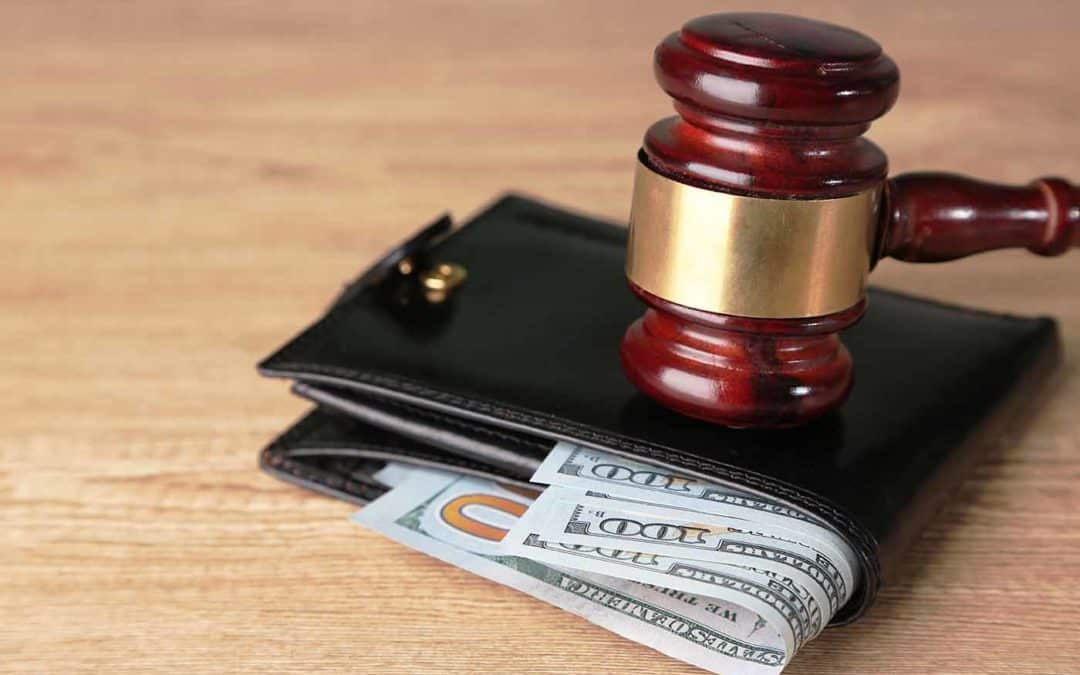So you have a judgment against a debtor, but now how do you collect? One of the most common collection methods is to get a wage garnishment against the debtor.
Here are 5 essential facts about wage garnishment that you must know.
- You must file the proper documents with the Court to get a writ of garnishment of wages issued. A writ is a formal court order sent to the debtor’s employer that orders the employer to begin garnishing the debtor’s wages. Merely sending a copy of your judgment to the employer will not get you any money. The process is formal and must be done following the State or Federal laws.
- When you receive garnishment checks, you must properly apply the payment to the judgment. In Maryland, all payments are first applied against the accrued interest on the unpaid principal balance, then the principal balance, then any awarded attorney fees and costs. Failure to properly apply the payments can result in you being liable to the debtor or your judgment being dismissed.
- Once you start receiving garnishment checks, as a creditor, you are responsible for sending a monthly creditors report noting all payments you received, how the payments were applied to the judgment, and the new balanced owed. Failure to send the monthly creditors report every month you receive a garnishment can result in the judgment being dismissed and you being liable to court costs and attorney fees to the debtor.
- You must abide by all deadlines in accordance with Maryland law. This means you need to watch to see that the Garnishee answers the writ in the timeframe they are allowed. If a Garnishee fails to file a timely response to the writ and you do nothing about it, the court may dismiss your writ request. If a Garnishee files an answer and you do nothing, the Garnishee can now ask the court for the writ to be dismissed.
- Even though the debtor may be employed and you may start getting garnishment check payments from the employer, the debtor may still ask the court to exempt some of the money you are receiving from garnishment. Therefore, you should not disburse any of the funds you receive immediately. If the debtor is granted an exemption, then you can be required to return some or all of the payments you have received.
Enforcing your judgment and moving forward with a garnishment of wages is a complex legal matter and you must abide by all rules and protections given to the debtor. Having a lawyer who knows the rules and is experienced with collecting judgments can help ensure that you successfully collect upon your judgment and aren’t stuck with no way of collecting. Call our law firm at 301-563-6685 if you have accounts receivables and/or judgments you want to collect.
About Andalman & Flynn Collections: For decades, businesses and professionals have been turning to the experienced collections attorneys at Andalman & Flynn for their debt recovery needs. A licensed collections agency, their experienced team successfully navigates the complex laws surrounding debt collection practices. The firm combines cutting-edge technology with savvy, effective debt resolution methods that result in high success rates and fast recovery times. For more information, please visit www.andalmanflynncollections.com.

